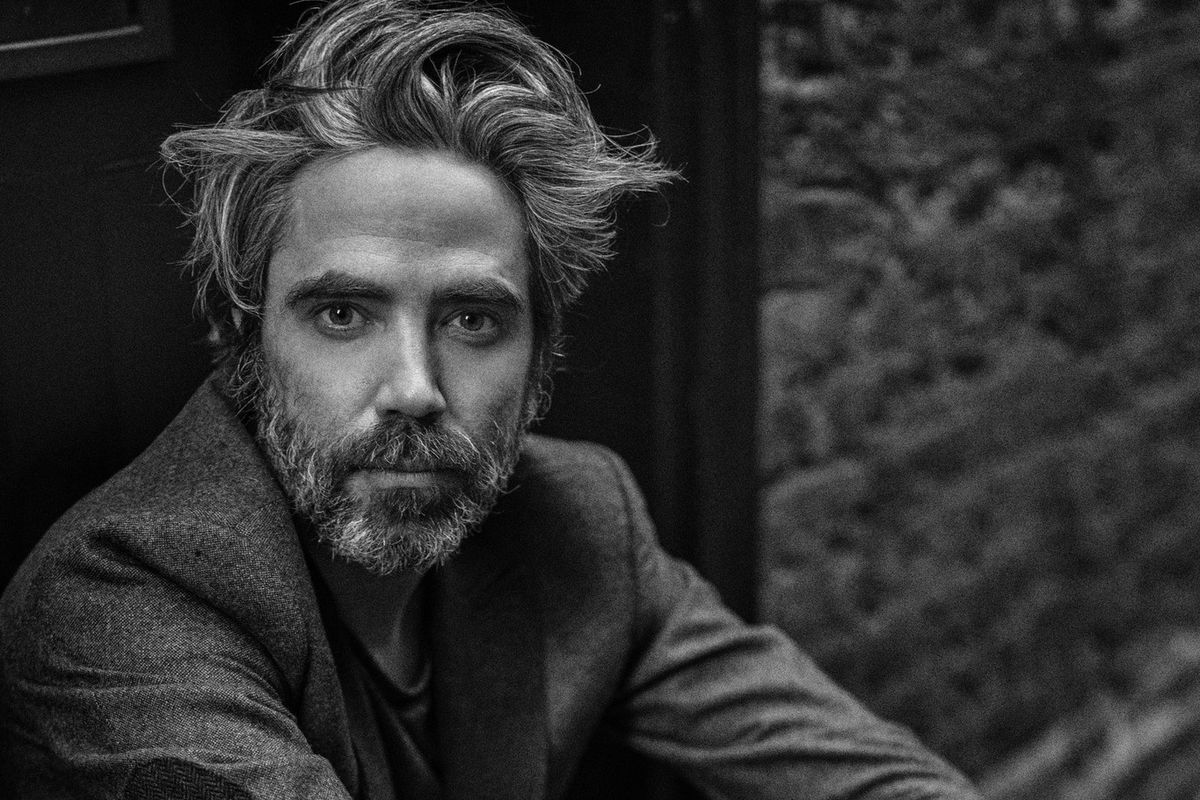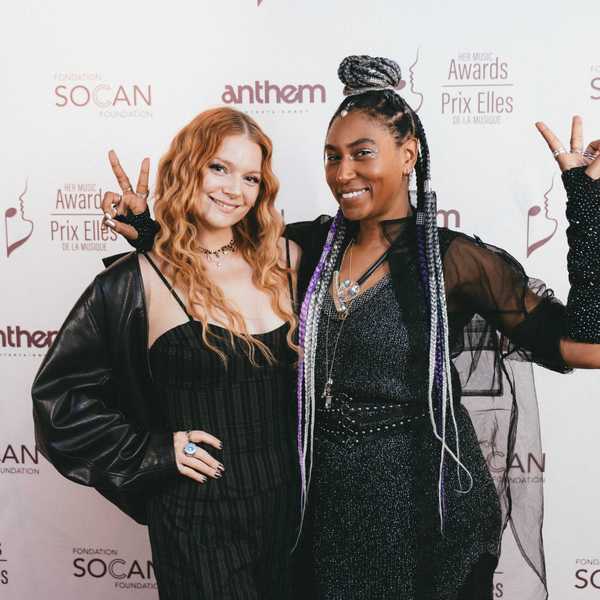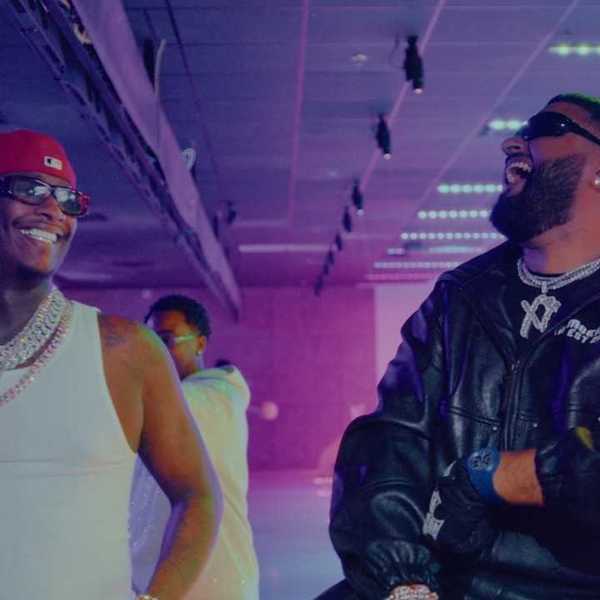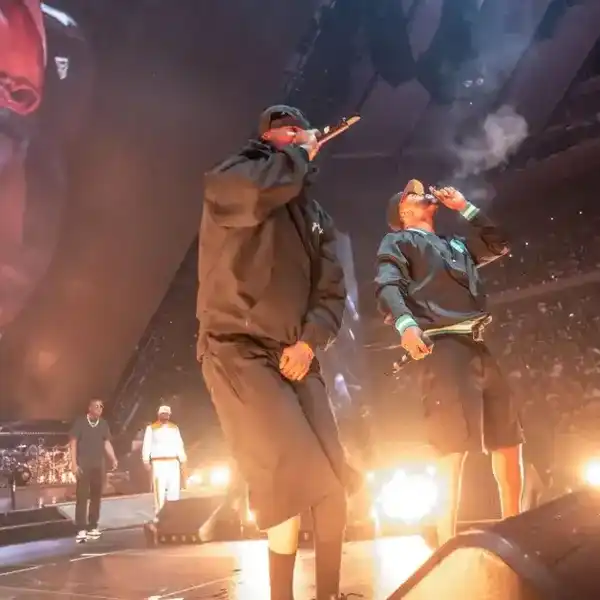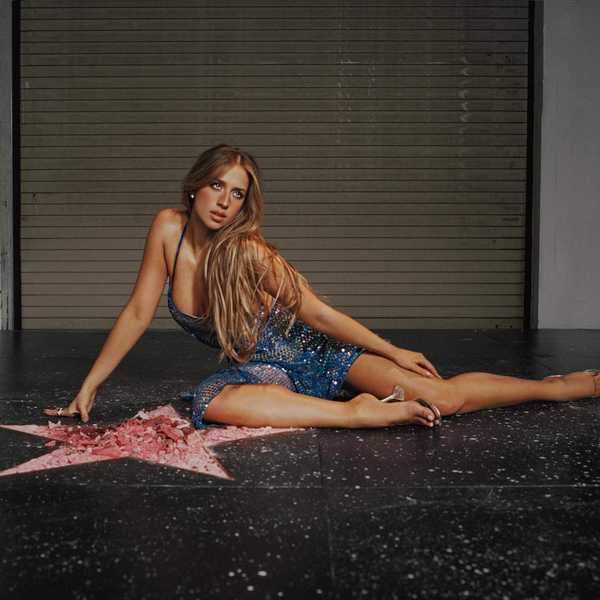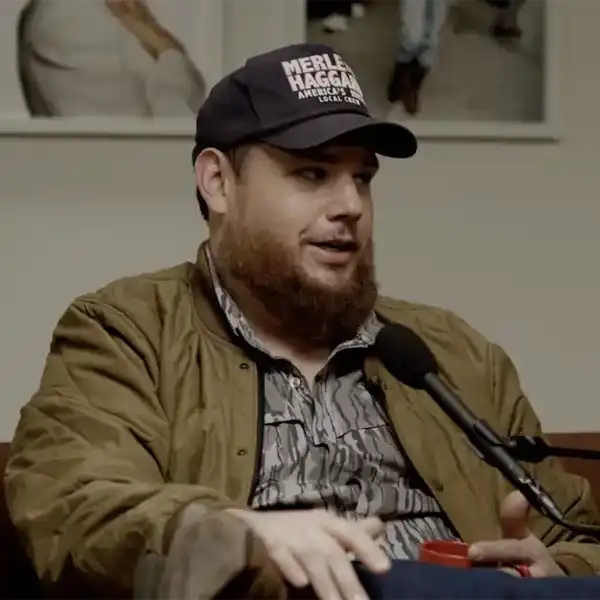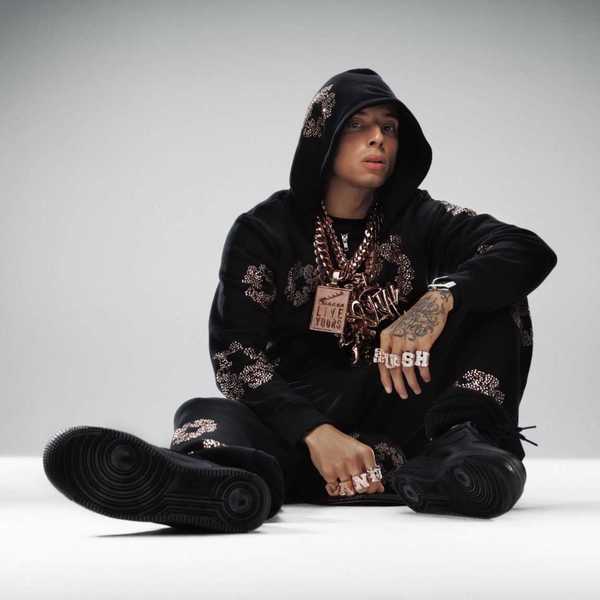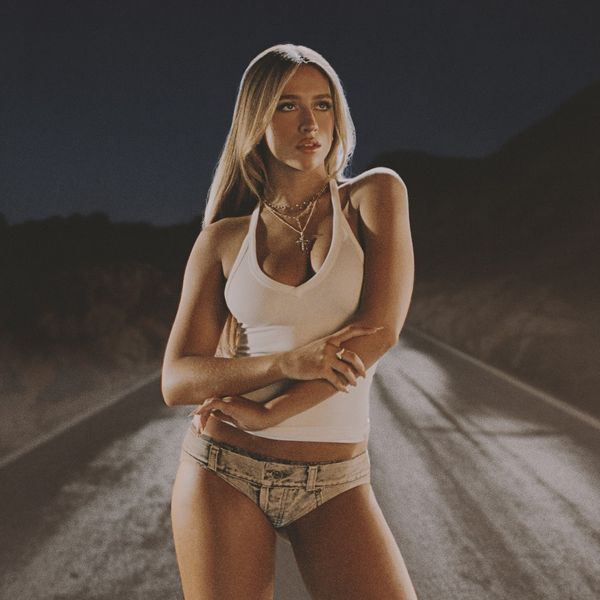Five Questions With… Frazey Ford
The former Be Good Tanyas member is earning raves for a new solo album U kin B the Sun. Here she explains the recording process, recalls early musical memories and an exotic debut performance, and reveals a love of Frank Ocean.

By Jason Schneider
On her third album U kin B the Sun, available now on Arts & Crafts Records, Vancouver-based singer/songwriter Frazey Ford inhabits a world of shape-shifting rhythm, elevating every beat and groove with the subtle magnetism of her mesmerizing voice. With its graceful collision of soul and psychedelia, it’s a collection that alternately invites self-reflection and wildly joyful movement.
By turns ecstatic and heavy-hearted, U kin B the Sun is the outcome of personal transformation Ford has experienced in recent years. In a departure from the guitar-driven and largely solitary songwriting that’s defined Ford’s sound up to now, much of U kin B the Sun took shape from spontaneous collaboration with her longtime bassist Darren Parris and drummer Leon Power.
Over the course of several late-night sessions during summer 2018, the three musicians joined producer John Raham in dreaming up an untethered sound, recording as they improvised and continually tapping into their potent chemistry.
A co-founder of the influential B.C. folk trio The Be Good Tanyas, Ford released her first solo album Obadiah in 2010, followed by Indian Ocean, in 2014, recorded in Memphis at Hi Recording Studios, and featuring members of Al Green’s original backing band, the Hi Rhythm Section. U kin B the Sun continues Ford’s explorations into soul music, with her unmistakable vocals leading the way.
She performs in Montreal at Petit Campus on Feb. 29, in Toronto on March 2 at Mod Club Theatre, in Nanaimo on March 4 at The Port Theatre, and in Victoria on March 5 at Capital Ballroom.
What makes U kin B the Sun stand apart from your previous work?
That’s difficult to answer. It was a very different process, and mostly I’m a different person than I was when I wrote the other albums. I collaborated more. A lot of the seeds of these songs were born out of improvising in the studio with my rhythm section. My bass player, Darren Parris, after some convincing one night in the studio, began calling out chords. I was on a grand piano, Leon Power on drums, and we would just immediately start making stuff up, melodies, lyrics, and grooves while recording everything. A lot of elements from those first moments are the basis of the tracks. I think that free first reaction is a central element to the sound.
What are your fondest musical memories as you were growing up?
I remember being about three years old and living in Ootishenia, a rural Russian pacifist village in the Kootenay mountains of BC. My family lived on an old farmstead up against a mountain. There was an orchard and I remember the album The Harder They Come blasting out of the farmhouse. Before I even spoke much, the phonetics of Stop That Train and The Rivers of Babylon dazzled me and I lived in the universe of that album, out by the peach trees.
What do you recall about your first time performing in public?
I performed for the first time at a club in Guatemala called La Boheme. I was 18 years old and I practiced for weeks in giant old churches that were cracked in half from earthquakes and grown over. I loved the natural reverb. I was extremely shy and it was scary but transformative. I remember that vulnerability shifting to immersion and connection. It was a really special night for me.
What song by another artist do you wish you had written?
Frank Ocean’s Blond is probably the most brilliantly written modern album. I think music divisions are somewhat bogus, especially with black artists, and that album ranks up there with any of the “folk greats” in terms of lyrics. For me, he’s the only writer that comes close to Joni’s storytelling and layering of musical texture without losing any vulnerability and depth. So if I had to pick one song from that record it might be Godspeed. It’s just stunning. It makes me think about the moment of letting someone go, just finding that love to release someone.
What's something you'd like added and/or changed on your Wikipedia page?
The photograph. It's pretty bad. Also, many of the “facts” aren’t true. I was born in Toronto, not Castlegar. I tried to change it once and they blocked me for “impersonating myself.”

